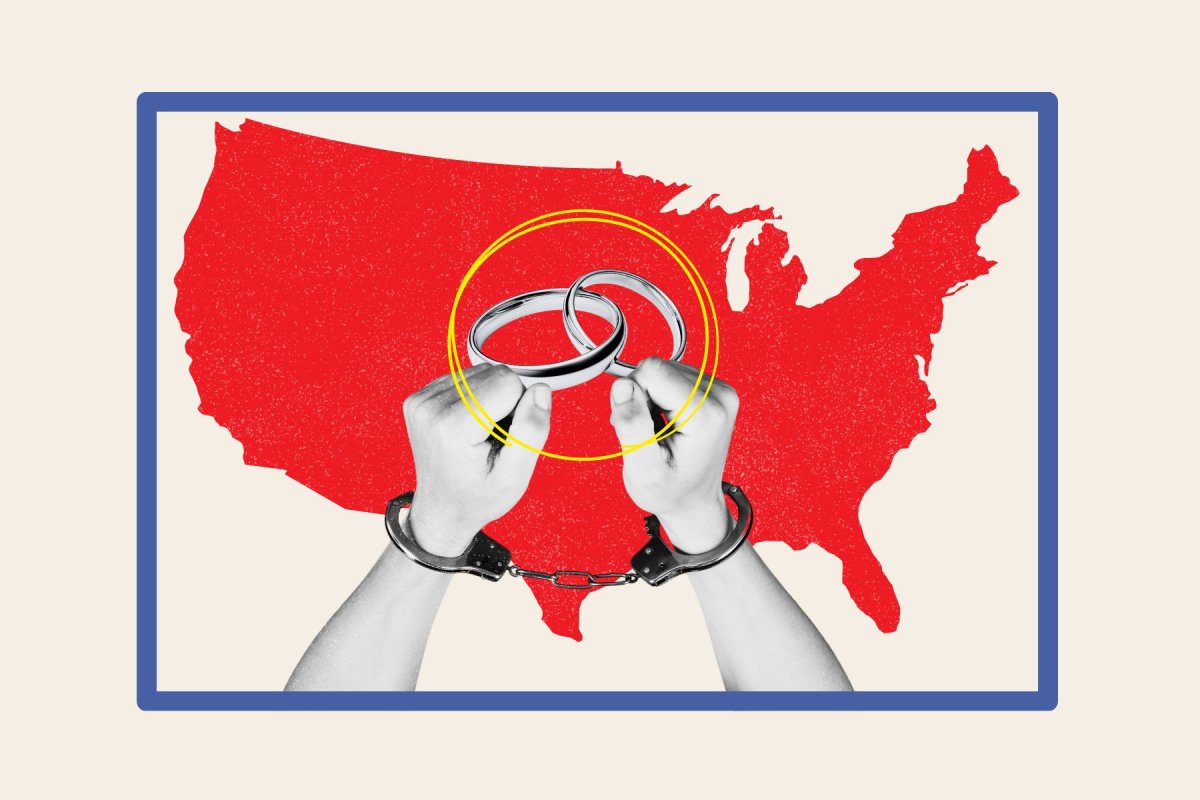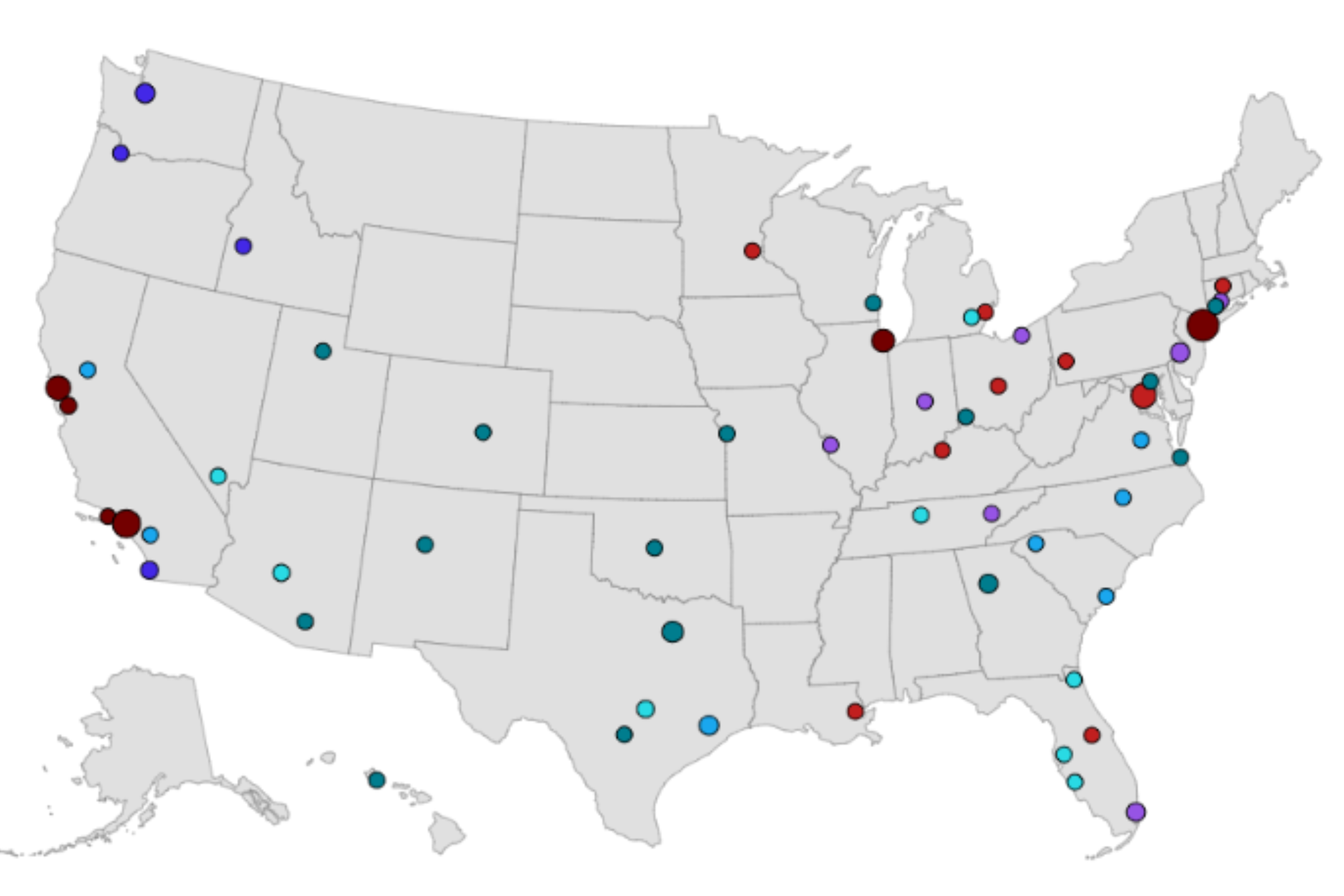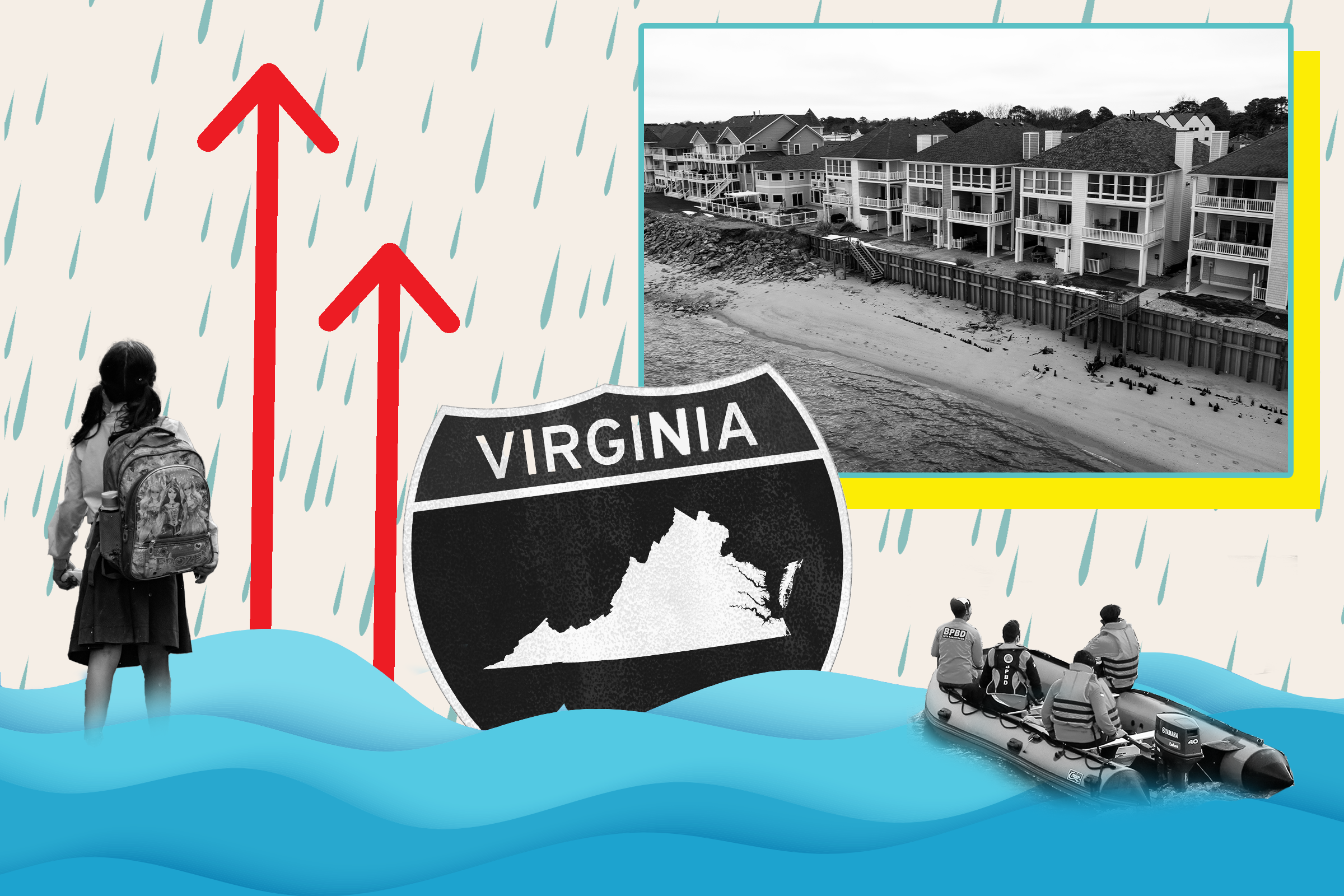Ohio lawmakers are moving forward with a bill that could end its spousal rape loophole, but many states still have laws on the books that advocates warn protect individuals accused of raping their spouses.
The Ohio Senate Judiciary Committee last week held a hearing on HB 161, a bill that would eliminate exemptions for five different crimes when the victim is the alleged perpetrator's spouse, and which has already passed the state's House of Representatives. The bill says that an individual can be held criminally liable for rape, sexual battery, unlawful sexual conduct with a minor, gross sexual imposition and sexual imposition if the victim is their spouse, according to a summary of the legislation.
Most states have closed spousal rape loopholes since the 1970s, when South Dakota became the first to make spousal rape illegal under all circumstances. Many states, however, still have statutes that place limits on the circumstances in which a person can be charged with rape against their spouse.
Ending these loopholes is crucial to removing an obstacle that prevents people from seeking help when they become a victim of sexual assault by their spouse, Emily Gemar, director of public policy at the Ohio Alliance to End Sexual Violence, told Newsweek. These loopholes can prevent people from coming forward after being abused and from obtaining a protective order, she said.

Gemar noted that sexual violence is rarely an isolated incident, and often occurs alongside other forms of abusive behavior.
"If we're not allowing people to report a crime to break that cycle of abuse, they may stay in that relationship longer and be subject to escalating abuse as time goes on," she said.
Advocates have been trying to change the law since the 1980s in Ohio but have seen more progress in the past few years, according to Gemar.
The biggest obstacle to ending these loopholes has been combating "outdated beliefs about sexual violence in a marriage or relationship," but survivors coming forward and speaking about the impact of the loophole has been crucial to efforts to repeal it, she said.
Here is an overview of all the states that still have spousal rape loopholes.
California Governor Gavin Newsom in 2021 signed a bill into law that largely closed the state's loophole, though critics noted the text still carved out one exception.
"This bill would repeal the provisions relating to spousal rape and make conforming changes, thereby making an act of sexual intercourse accomplished with a spouse punishable as rape if the act otherwise meets the definition of rape, except that sexual intercourse with a person who is incapable of giving legal consent because of mental disorder or developmental or physical disability would not be rape if the two people are married," the bill reads.
Michigan Governor Gretchen Whitmer in 2023 similarly signed into law a bill that ended the loophole. However, it left two exemptions, preventing a person from being charged with criminal sexual conduct because their spouse is younger than 16 or has a mental illness, according to The Detroit News.
Michigan Representative Laurie Pohutsky, who introduced the first bill, told the publication at the time there was pending legislation on the former exemption, and that the later needed to be redefined.
Idaho does not allow individuals to be convicted of rape against their spouse unless the victim resists but is overcome by force or violence; is prevented from resistance by the infliction of bodily harm or a reasonable belief that resistance would be utile; or engages in sexual intercourse under the belief their spouse would cause physical harm or damages in the future if they do not.
Several other states, such as Mississippi, Nevada and Oklahoma have similar statutes requiring a use of force. South Carolina mandates the use of aggravated force or a weapon for charges, and the victim must report the crime within 30 days.
In Virginia, a spouse may avoid criminal charges if they complete counseling or therapy.
Some states have ended these loopholes in recent years. In Rhode Island, Governor Dan McKee signed a bill repealing some exemptions in July 2021. Meanwhile, Maryland's loophole ended in 2023.
Uncommon Knowledge
Newsweek is committed to challenging conventional wisdom and finding connections in the search for common ground.
Newsweek is committed to challenging conventional wisdom and finding connections in the search for common ground.
About the writer
Andrew Stanton is a Newsweek weekend reporter based in Maine. His role is reporting on U.S. politics and social issues. ... Read more
To read how Newsweek uses AI as a newsroom tool, Click here.








